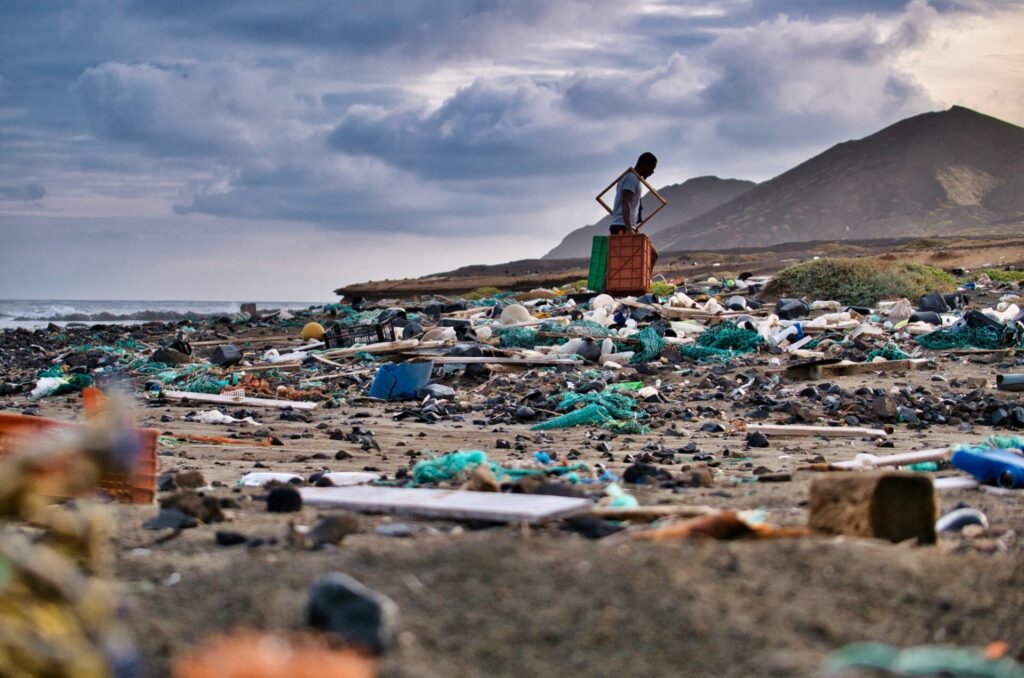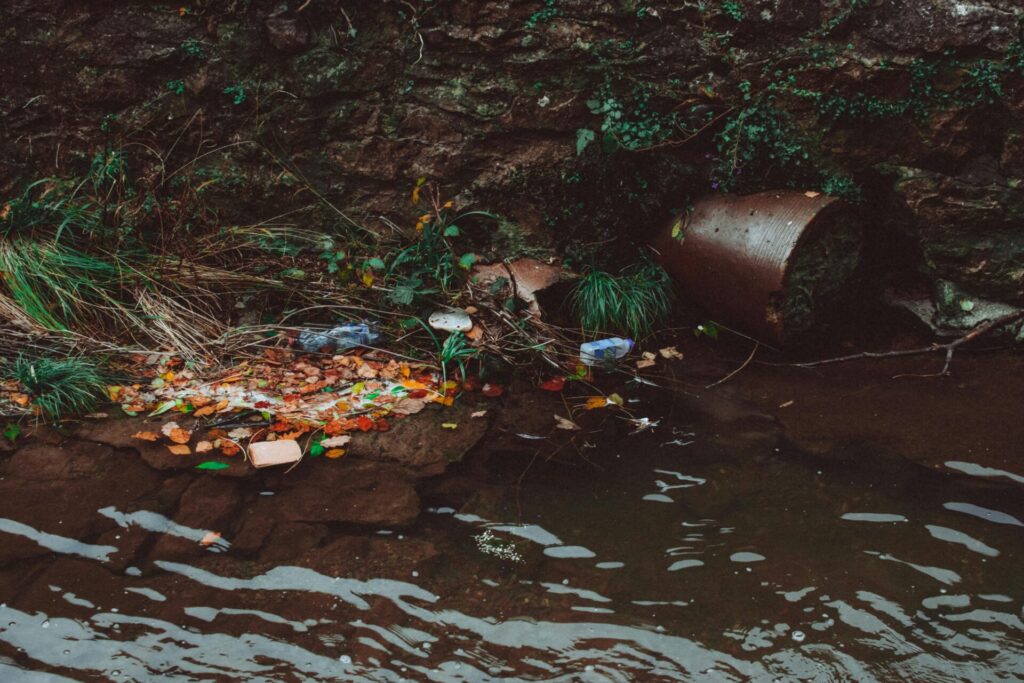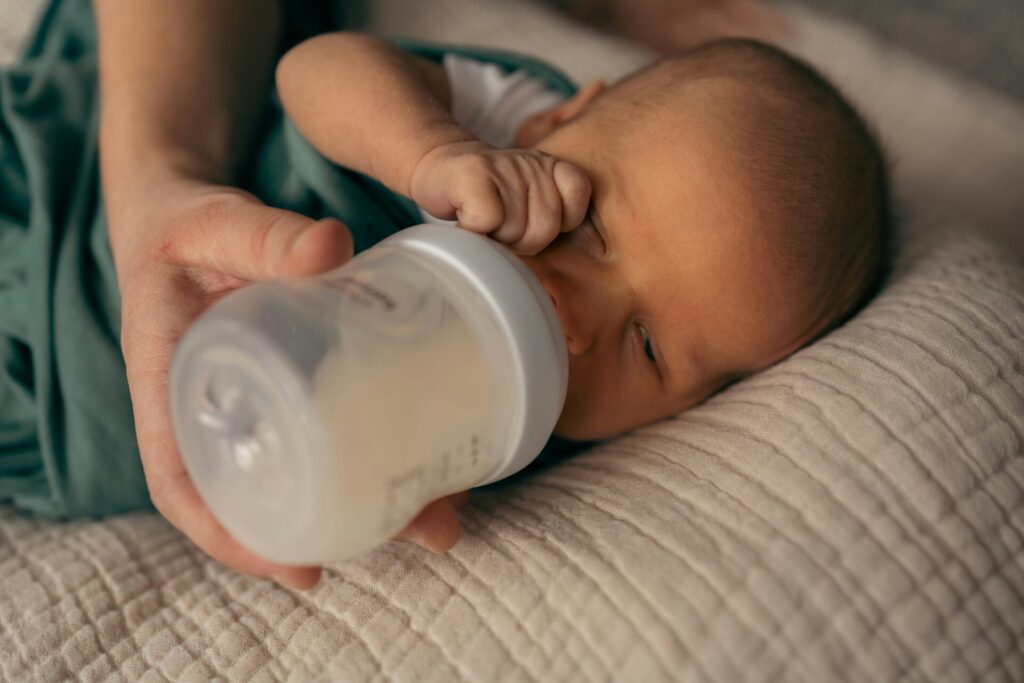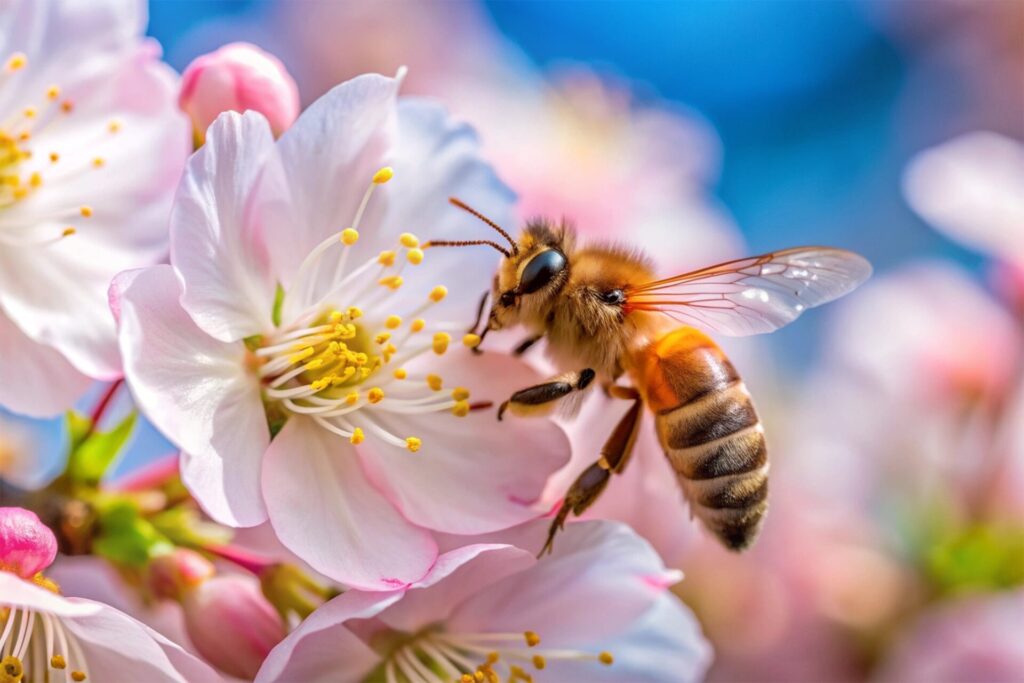Plastic pollution is causing more than environmental chaos, it’s fueling a wave of plastic poisoning that costs the world $1.5 trillion in health damage annually, according to a new medical survey.
The world is in a ‘plastics crisis’ according to the study – published in the leading medical journal the Lancet – which is causing disease and death from infancy to old age.
Key to this damage to humankind and the environment is the huge acceleration of plastic production, which has increased by more than 200 times since 1950 and is set to almost triple again to more than a billion tonnes a year by 2060.

As a result, plastic pollution has also soared, with eight billion tonnes now polluting the entire planet, the review said, from the top of Mount Everest to the deepest ocean trench.
Plastic Poisoning the Planet
Plastics endanger people and the planet at every stage, the review said — from the extraction of the fossil fuels they’re made from, to production, use, and disposal.
This results in air pollution, exposure to toxic chemicals, and the infiltration of the body with microplastics, a growing concern now referred to as plastic poisoning. Plastic pollution can even boost disease-carrying mosquitoes, as water captured in discarded plastic provides ideal breeding grounds.
‘We know a great deal about the range and severity of the health and environmental impacts of plastic pollution,’ said Professor Philip Landrigan, a paediatrician and epidemiologist at Boston College in the US, and lead author of the report.
‘The impacts fall most heavily on vulnerable populations, especially infants and children,’ he said. ‘They result in huge economic costs to society. It is incumbent on us to act in response.’

Unlike paper, glass, steel and aluminium, chemically complex plastics cannot be readily recycled.
Also more than 98 per cent of plastics are made from fossil substances oil, gas and coal, so the production process drives the climate crisis by releasing the equivalent of 2bn tonnes of CO2 a year.
Plastic production also generates hazardous air pollution, and more than half of unmanaged plastic waste is burned in the open air, a practice that increases toxicity and contributes to what experts now call plastic poisoning.
Over 16,000 chemicals are used in plastics, including fillers, dyes, flame retardants, and stabilisers. Many of these chemicals are linked to serious health effects across all stages of human life, the report said.
From Infants to the Elderly
The researchers found that foetuses, infants and young children were highly susceptible to the harms associated with plastics, with exposure associated with increased risks of miscarriage, premature and stillbirth, birth defects, impaired lung growth, childhood cancer and fertility problems later in life.

Plastic waste often breaks down into micro- and nano-plastics which enter the human body via water, food and breathing – a slow-motion form of plastic poisoning.
The particles have been found in blood, brains, breast milk, placentas, and bone marrow and have been linked to strokes and heart attacks.
The new analysis is the start of a series of investigations that will regularly track the impact of plastics. Margaret Spring, one of its co-authors, said: ‘The reports will offer decision-makers around the world a robust and independent data source to inform the development of effective policies addressing plastic pollution at all levels.’









